Department of Psychiatry
Research - Research Units
Africa Neuroethics Research Group
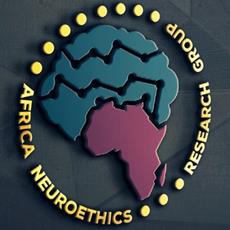
The Africa Neuroethics Research Group is led by Dr. Olivia Matshabane, under the mentorship of Prof. Soraya Seedat.
About
We are a transdisciplinary team that explores the ethical, legal, social, and cultural implications of neuroscience and neurotechnology in Africa. Our research group aims to contribute to the establishment of culturally and contextually relevant neuroethics guidelines for neuroscientific advancements in and for Africa, the diaspora, and globally.
Research mandate
We aim to build research capacity on neuroethics in Africa through securing local and international funding for new projects, graduate students, and the establishment of new collaborations and partnerships which will all lead to not only capacity development, it will also contribute to the production of scholarly outputs as well as public and community engagement.
Team values
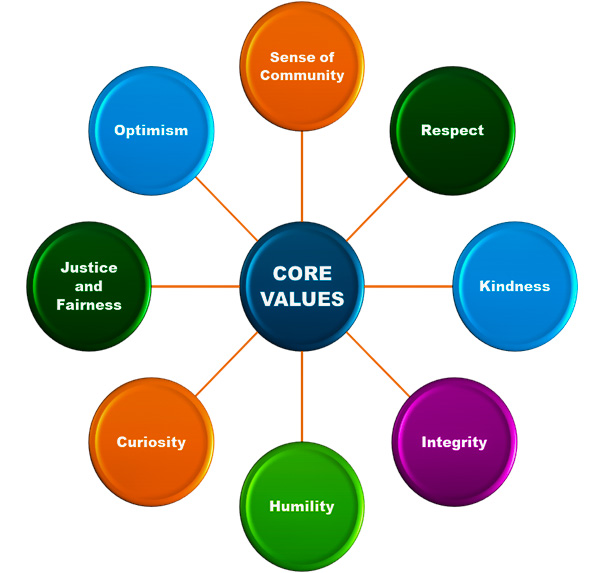
Research team
 South African Team: Department of Psychiatry, Stellenbosch University South African Team: Department of Psychiatry, Stellenbosch University 
|
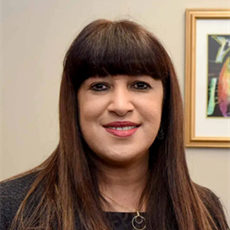 Prof Soraya Seedat Prof Soraya Seedat
MBChB, FC Psych (SA), MMed Psych, MPhil Applied Ethics (Bioethics), PhD
Distinguished Professor
Executive Head of the Department of Psychiatry
Interests: Assessment and treatment of anxiety disorders with a special interest in clinical and translational work in childhood and adult posttraumatic stress disorder.
| 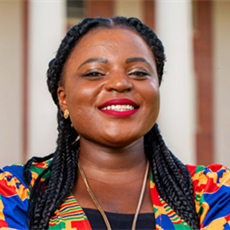 Dr Olivia Matshabane Dr Olivia Matshabane
BA in Psychology, BA (Hons) in Psychology, MA in Psychology, PhD in Medicine
Principal Investigator
Neuroethics Researcher
Interests: Mental health, neuroscientific technologies, neuroethics, and the ethical, legal, social, and cultural implications of neuropsychiatric genomics in Africa and globally.
|
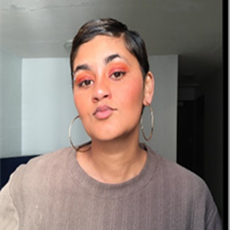 Miss Mohhadiah Rafique Miss Mohhadiah Rafique
BSc Human Life Sciences with Psychology, BA (Hons) Psych (Cum Laude), MA Research Psychology
Research Assistant
Interests: Mental health interventions, substance use behaviours, minorities, and marginalized communities, critical consciousness – towards the decolonial project.
| 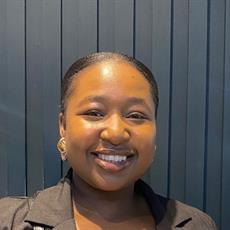 Miss Buhle Songo Miss Buhle Songo
BSc Human Anatomy and Physiology, BMS (Hons) Human Anatomy
MSc Neuroscience (Neuroethics) candidate Interest: Neuroethics research focused on developing Africa-specific neuroethics guidelines for neuroscience research on innovative neurotechnologies for PTSD in Africa. |
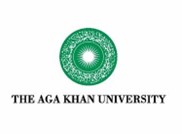 Kenyan Team: Brain & Mind Institute, Aga Khan University Kenyan Team: Brain & Mind Institute, Aga Khan University  |
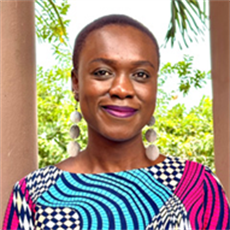 Dr Mary Bitta Dr Mary Bitta
BSc in Nursing, PG Diploma in Health Research Methods, MSc in Global Mental Health, PhD in Psychiatry Kenya Principal Investigator
Interests: Developing and testing contextually relevant interventions to address the treatment gap for mental, neurological, and substance use disorders in low-resource settings.
| 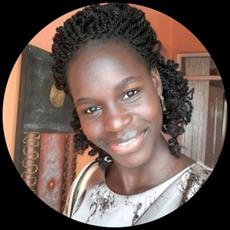 Miss Vivian Nyadimo Miss Vivian Nyadimo
BSc in Foods, Nutrition and Dietetics, MSc in Epidemiology and Biostatistics Candidate
Kenya Project Manager Interests: Public health nutrition, innovative strategies to improve health through education, prevention and intervention as well as research on neurological conditions in Africa.
|
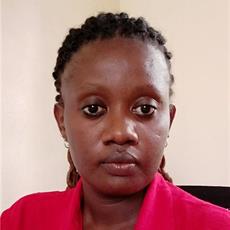 Miss Shilla Dama Unda Miss Shilla Dama Unda
BA in Sociology and Communication
Research Assistant
Interests: Development and humanitarian health research and social protection, sexuality, reproductive health, gender-based violence, and research on neurological conditions in Africa.
| |
| Collaborators |
Other collaborations
Publications
- Matshabane, O. P., & Seedat. (In press). An Afrocentric Perspective on Neurodiversity: Neuroethical Considerations in Africa. AJOB Neuroscience.
- Matshabane, O. P., Hartford, A., Ewuoso, C. O., Palk, A. C., Koehly, L. M., Stein, D. J., & de Vries, J. (2024). Advancing neuroethics in Africa. South African Journal of Science, 120(5/6). https://doi.org/10.17159/sajs.2024/18180
- Matshabane, O. P., & Ewuoso, C. (2023). A Braver Neuroethics that Matters in (and for) Africa. AJOB Neuroscience, 14(4):410-413. https://doi.org/10.1080/21507740.2023.2257161
- Book Chapter submitted: Rafique, M.A.C., Songo, B.S., & Matshabane, O.P. Moving with the drum beat of the community: Reflections on decolonial and cross-cultural neuroethics community engagement (Imbizo) in Africa. Developments in Neuroethics and Bioethics: Indigenous and Cross-cultural Perspectives on Brain and Mind, 8.
Conference presentations
- Songo, B.S., Rafique, M.A.C., Du Plessis, S., Seedat, S., & Matshabane, O.P. (2024). Towards Africa-specific neuroethics guidelines for neuroscience research on innovative neurotechnologies for PTSD in Africa. 10th NIH BRAIN Initiative (Poster).
- Matshabane, O.P. & Seedat, S. (2023). Ethical challenges of psychedelic treatments, neurotechnologies and AI. Global Collaboration on Traumatic Stress Conference (Oral).
- Upcoming: Africa Global Mental Health Initiative Conference (November 2024, Nairobi, Kenya)
- Upcoming: South African Biological Psychiatry Congress (November 2024, Cape Town, South Africa)
Open opportunities
| Institution: Stellenbosch University – South Africa Level: Masters
Supervisors: Dr O Matshabane, Prof S Seedat
Description: This project focuses on the neuroethical considerations for neuroscientific technologies (i.e., those used to assess the brain and nervous system functioning or to influence activity through modulation and stimulation) for neuropsychiatric conditions in Africa. The study will involve conventional scientists who have expertise in brain science, mental health clinicians, bioethicists, policymakers, and community engagement professionals as well as African people with neuropsychiatric conditions.
| Institution: Aga Khan University – Kenya Level: Masters
Supervisors: Dr M Bitta, Dr O Matshabane Description: The study will involve non-conventional practitioners – which includes traditional and faith-based healers, as well as African people with neuropsychiatric conditions.
|
Funders and Sponsors

